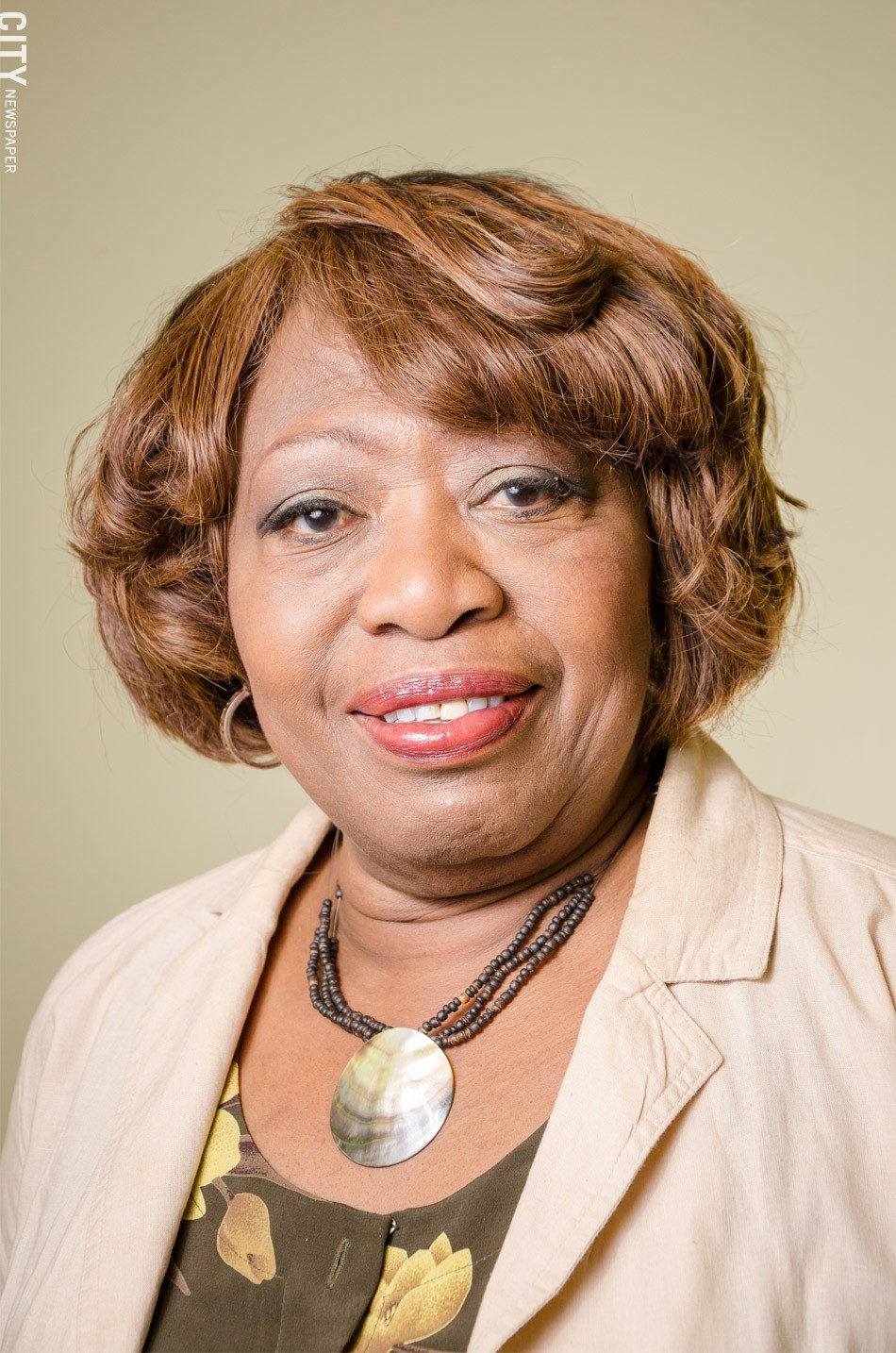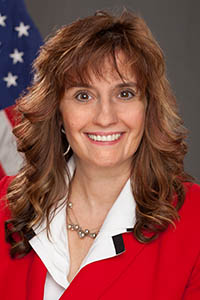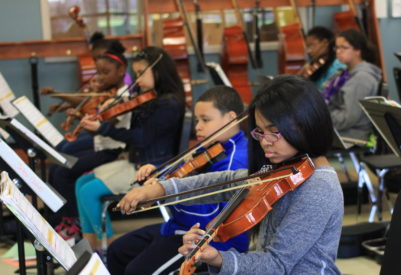
Southwest Tribune: How did the drive to develop a Police Accountability Board (PAB) originated?
Loretta Scott: The issue of PAB has been one of significant interest and concern for decades. Rev. Raymond Graves from the New Bethel CME Church. He was the biggest voice in the arena over the years. Of course, he passed a number of years ago, but his work continues. In fact, people like Howard Eagle have been helping to keep that in the front for our consciousness.
We on city council about four to five years ago, Former Councilman Adam McFadden and I worked on an effort to revamp and restructure the civilian review board which we have now, because there were so many complaints about the length of time it took to review the complaints that were being submitted to the police. People did not feel it was transparent.
I believe some people recognized doing so much transparency could not be allowed in a process like this. But our residents did not feel there were even a modicum of it and the lack of kindliness was a severe concern. The residents did not have confidence in it. So, we convened a community conversation around that several years ago and as a result, we insured that the amount of time for resolving complaints was shortened because it has been averaging about a year and we got that down to six months or so.
We established an advocate who would help people place their complaint and understand the process and not be intimidated by it because one of the things I encountered personally was, I saw an act of inappropriate behavior by a police officer. Then I saw his colleagues were not even helpful in addressing the concern of that citizen.
What happened was there was a shooting at a house next to my son. You know everybody gathers around because there is an ambulance and there is just a lot going on. So, a young man came up and he was trying to get in the house.
He said, my son is in there! My son is in there! He was very distraught if you might imagine. So, the police grabbed him because they could not let him go in, but he could not contain himself and one of the cops actually punched him in the face. I was looking at it. I looked at that!
The man did finally calm down a little and started saying I am going to WDKX. I said No. You need to file an official complaint. And I said I will help. I got his phone number and he got mine and I did not hear from him. I called him several times and he seemed kind of reluctant. And one of the things he said was well you know, when you get over there, they start interrogating you and all of that. So, it was clear that the way people view that process was not one that would even encourage participation in it.
So, one of the things that we did by putting this additional position by having somebody in the room when the person is there going through the process of filing a complaint. And when I inquired to one of the officers why is this still open? His response would be things about somebody on vacation and I said well, we got to get past that. Then his response was, we cannot reach the complainant.
So, there was a lot of that and people this sort of fell off. So, we wanted to work on that. We wanted to strengthen it and I think we did strengthen it. But it needed much more. It needed to have the ability for people to feel that they were going to genuinely be heard and that it would be a fair process. An equitable process and that there will be transparency, a least to the extent that it was allowable.
Also, there was a new round of people working on a PAB. Barbara Laker-ware and Theodore Forsyth did a full report.
They went through police records and presented a detailed report showing the recorded disposition of complaints through our current process and even where there was no complaint filed, but the incident was on record through the media.So, they did present a detailed and compelling report about the state of police accountability in our community. And with that in hand and with the other work that we had done previously, we started working again to move toward the creation of a PAB, which by its definition is beyond a civilian review board. It is more than that. It speaks to its intent.
We recognized that we still have work to do even with the law on the books. One of the biggest issues is the whole prospect of having discipline power by the board. That is what the Locust Club has subsequently sued us for in that regard and we are facing an injunction that we cannot do any discipline or policy changes, or anything related to discipline while the injunction is in effect. What we are looking for now? We will be appealing.
Southwest Tribune: Why should the ruling be reversed on appeal?
Loretta Scott: They are five pillars with the PAB effort and the authority to discipline is one of the five pillars.
It is only one, but it is critical. It is critical to uphold what the citizens believe is justice and accountability in this environment. So, for the court to strike it down, it would have a significant impact, but it would not destroy the PAB. I am committed to having a stronger and much improved Police accountability system in place. Roughly seventy-five percent of Rochester residents of voters approved the PAB legislation. So, to have that struck down is going in contrary to what the populist have already stated is their desired outcome.
Southwest Tribune: Are all city cops on patrol equipped with body worn cameras?
Loretta Scott: The body worn cameras are in effect and all the officers on patrol are equipped with body worn cameras. And there is a set of policies that govern the use of those cameras.
Southwest Tribune: Your perspective of the recent killings of unarmed African Americans Ahmaud Aubery and George Floyd?
Loretta Scott: Those are two different cases. Both regrettable, horrific, and tragic but with Auberry, they were not police officers they were vigilantes, so there is no room for that.
With George Floyd that is one of the most horrific, breathtakingly savage things I have seen. To be able to look at somebody’s life squeezed out of them by someone, who is acting nonchalant. It is the apparent lack of humanity. I am not even talking about police or not police. I am talking about the lack of apparent humanity. How does one human being treat another human being like that? Especially a human being who has sworn to serve and protect.
I believe in terms of the process, what we are working on. The development of police accountability systems is critical. So that it is at the level where you begin to address that, but we are in an era where there have been so many questionable acts of force and life extinguishing acts.
It cries for the ability to have redress. To have someone look at this seriously and take responsibility for it.
The gentlemen who took Mr. Floyd's life had ‘eighteen’ different instances of violence in his records.
So, it just makes you ask the question what happened? Discipline and accountability is lacking in these departments where people lives are being extinguished under the guise of law enforcement and I believe that law enforcement is one of the most important asset that a community can have and we have to support it in way that it can operate effectively and serve and protect us all regardless of who we are, where we live, what our skin color is. So, it is not about just beating the police up, it’s not at all because what we want to do is build and insure the maintenance of a police department that is fair and it is equitable and that it does handle all of our citizens favorably and even handedly.
Southwest Tribune: You have been a public servant in various capacities for most of your life, why so?
Loretta Scott: Because to whom much is given much is required. It has not been a bed of roses where I come from, but God is Good!
Interview by: Author Rodney Brown, Executive Director of Brown Publishing LLC and Southwest Tribune Newspaper





